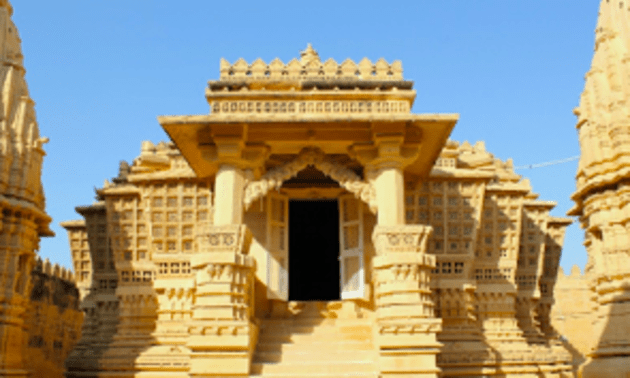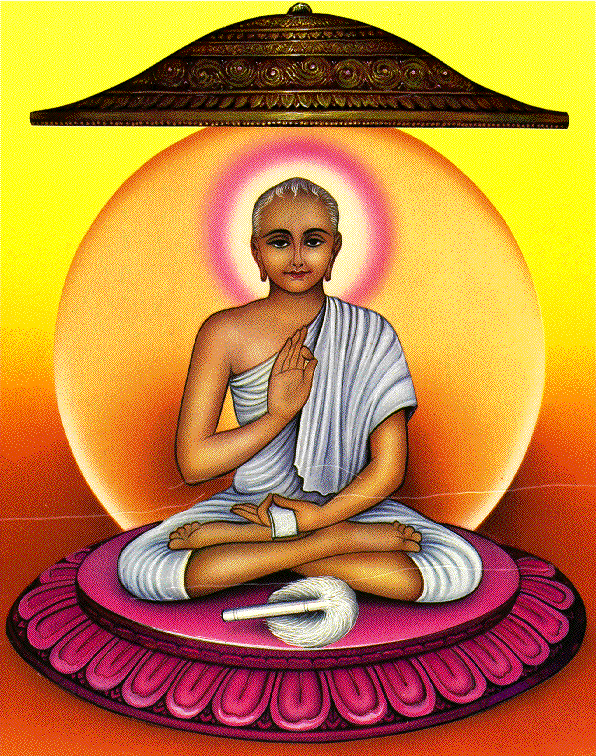The main Jainism belief is that all living things and the universe should be treated with care and respect. This is influenced by their non-violence principle and partly comes from their belief in reincarnation. The belief that all living things are involved in a cycle of birth, death, and rebirth is known as reincarnation. Every living thing has a soul that is a part of the reincarnation cycle. Each of these souls is worth the same, and they ought to be treated as such.
Karma is what Jains believe determines reincarnation. When used in everyday language, the idea of karma is not as straightforward as it appears. Karma is much more complicated to Jains and other faiths that believe in it, like Hinduism and Buddhism, than bad things happening to people who did bad things or vice versa.
Karma is the force that someone’s actions have. Karma is accumulated over a person’s lifetime based on how they treat other living things. Being violent or disrespectful to living things can have a negative impact on their karma, while practicing ahimsa can have a positive impact.
Jains adhere to Ahimsa, a strict code of nonviolence that requires them to eat vegetarianism in order to avoid causing harm to animals. Because removing the root from the ground causes the plants to die, some people avoid eating mushrooms and root vegetables. Some Jain nuns and monks take extra precautions to avoid accidentally killing insects like ants or mosquitoes. Jains are careful not to act, think, or say anything violent.
What happens to someone or something when they die is determined by the accumulation of karma through ahimsa. It determines whether or not they will exit the rebirth cycle and where they will go next.
Eventually, all living things can attain moksha by practicing ahimsa. This indicates an end to the reincarnation cycle. When the soul is immortal, it can experience bliss forever.
24 Jinas, also known as Tirthankaras, are honored by Jains. Spiritual leaders who are regarded as having attained enlightenment and, as a result, been released from the cycle of rebirth. Jains, in contrast to Christians and Jews, do not believe in a god, a creator, or any saints. Instead, they hold the belief that the Jinas spread Jainism’s teachings.
Depending on the year, the Jains celebrate their most significant festival in either August or September. Daslakshana or Paryushana are the names of it. It is a time of fasting and meditation that lasts between eight and ten days.





